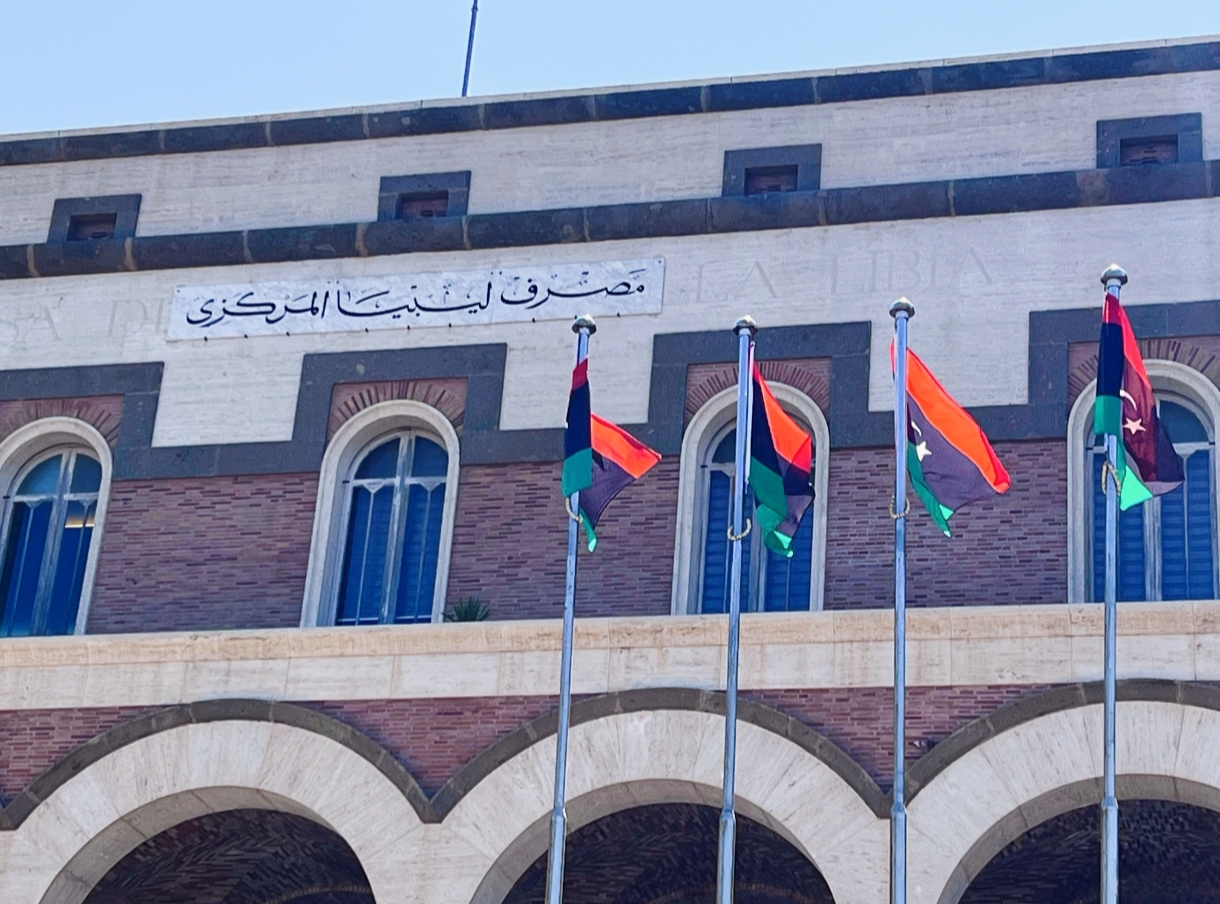The Central Bank of Libya has announced the presence of 3.5 billion counterfeit dinars circulating in the Libyan market, printed outside the country through illegal means, dealing a strong blow to the national economy.
This comes after the bank revealed, during counting and sorting operations, a discrepancy of over 3.5 billion dinars in the 50-dinar banknote category.
The bank explained that the officially recorded amounts of the 50-dinar category amounted to only 6.650 billion dinars, while the quantity of banknotes imported exceeded 10.211 billion dinars, confirming the circulation of large quantities of unofficial banknotes not subject to the legal restrictions stipulated in Article 39 of the Banking Law.
The bank warned that the existence of this counterfeit currency constitutes an illegal seizure that harms the national economy, as printing outside official channels has led to the depreciation of the Libyan dinar, increased pressure on the parallel exchange market, as well as raised risks of money laundering and terrorist financing.
In an urgent step, the Central Bank of Libya announced the withdrawal of all 50-dinar banknotes of all issues, in addition to the decision to withdraw the 20-dinar category and replace it with a more secure currency, in anticipation of the presence of counterfeit quantities.
Meanwhile, the Prime Minister of the National Unity Government, Abdul Hamid Dbeibah, called on the Attorney General to immediately investigate and hold all those involved in this serious financial crime accountable.
He affirmed that the bank's acknowledgment of an unofficial 3.5 billion dinar gap validates their repeated warnings about flooding the Libyan market with counterfeit currencies.
This revelation comes amidst Libya's continued struggle with severe financial crises, inflation, economic recession, and a continuous decline in the value of the dinar, amid the failure of efforts to unify the divided government institutions between Tripoli and Benghazi, further exacerbating the fragility of the national economy.

